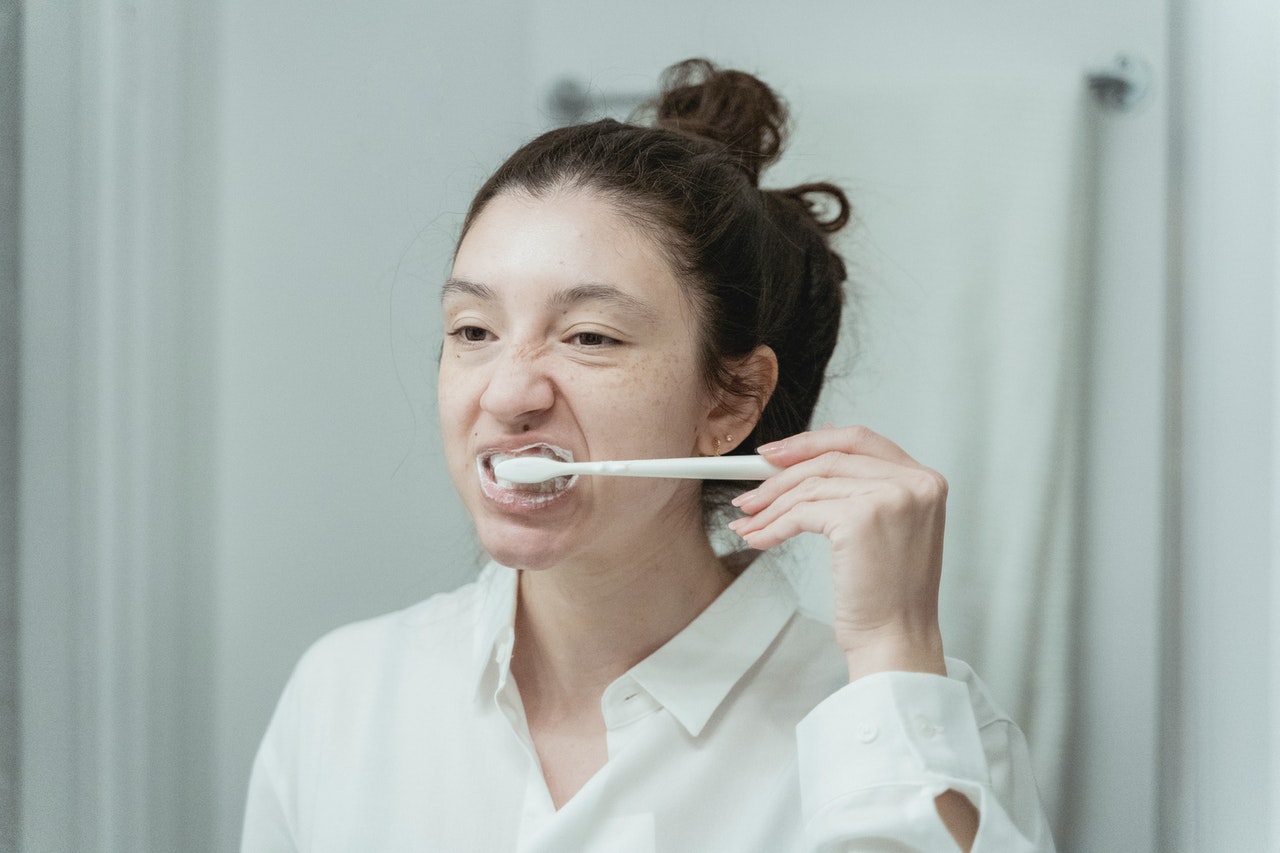The Impact of Genetics on Addiction: Are You Predisposed?

Recent scientific research has increasingly highlighted the role of genetics in predisposing individuals to addiction. Understanding the genetic components can provide valuable insights into why some people are more susceptible to addiction than others. Alcohol & Drug Rehabs: Detox & Addiction Treatment Centers Near Me In North Dakota, some experts can help you understand more about genetics and addiction. This article explores the impact of genetics on addiction, discussing how genetic predispositions interact with environmental factors and what this means for individuals and their families.
Understanding Genetic Predisposition to Addiction
Genetics has an important influence on the development of addiction. Genetics can influence a person’s susceptibility to addiction by 40-60%, according to research. Having a family history of addiction increases the likelihood of developing addictive behaviors. Genes can impact how the brain reacts to chemicals, how quickly addiction develops, and how severe it becomes. Specific genes have been identified that affect neurotransmitter systems, such as dopamine, which play a critical role in the brain’s reward pathways.
The Role of Family History
Family history is one of the most significant indicators of genetic predisposition to addiction. If addiction is present in immediate family members, such as parents or siblings, the risk of developing addiction increases. This is not solely due to genetic factors but also to shared environmental influences and behaviors within the family setting. Genetic predisposition combined with exposure to substance use in the family can create a higher risk of developing addiction.

Gene-Environment Interaction
While genetics provide a predisposition, environmental factors play a crucial role in the manifestation of addiction. This interaction is known as gene-environment interaction. For example, individuals with a genetic predisposition to addiction may never develop addictive behaviors if they are not exposed to certain environmental triggers such as stress, peer pressure, or availability of substances. Conversely, a person without a strong genetic predisposition might develop addiction due to significant environmental influences.
Specific Genes and Their Influence
Several genes have been identified that influence the risk of addiction. For instance, variations in the DRD2 gene, which affects dopamine receptors, have been linked to a higher likelihood of substance use disorders. Another example is the CYP2A6 gene, which influences how the body metabolizes nicotine, affecting smoking behavior and addiction risk. Understanding genetic variants can assist in identifying high-risk patients and providing individualized treatment plans.
Implications for Prevention and Treatment
Recognizing the genetic components of addiction has important implications for prevention and treatment. For individuals with a family history of addiction, early interventions and preventive measures can be crucial. This might include education about the risks of substance use, developing healthy coping mechanisms, and creating supportive environments that minimize exposure to addictive substances. In treatment, understanding a patient’s genetic predisposition can lead to more tailored approaches.
Conclusion
Genetics has a huge influence on addiction, offering a better understanding of why some people are predisposed to addictive behaviors. However, genetics alone cannot provide the whole tale. The interaction of genetic predisposition and environmental variables influences the risk and …


 The first step to good
The first step to good  Last but not least, take note of what you eat and drink. Eating sugary and acidic foods can damage your teeth and promote cavities. You should also avoid drinking soda, coffee, and tea, as they can stain your teeth. If you eat or drink these things, be sure to brush your teeth afterward. Moreover, chewing sugarless gum can help remove plaque and bacteria from your teeth. So, there you have it. These are some helpful tips to boost your oral hygiene and keep your teeth and gums healthy.
Last but not least, take note of what you eat and drink. Eating sugary and acidic foods can damage your teeth and promote cavities. You should also avoid drinking soda, coffee, and tea, as they can stain your teeth. If you eat or drink these things, be sure to brush your teeth afterward. Moreover, chewing sugarless gum can help remove plaque and bacteria from your teeth. So, there you have it. These are some helpful tips to boost your oral hygiene and keep your teeth and gums healthy.